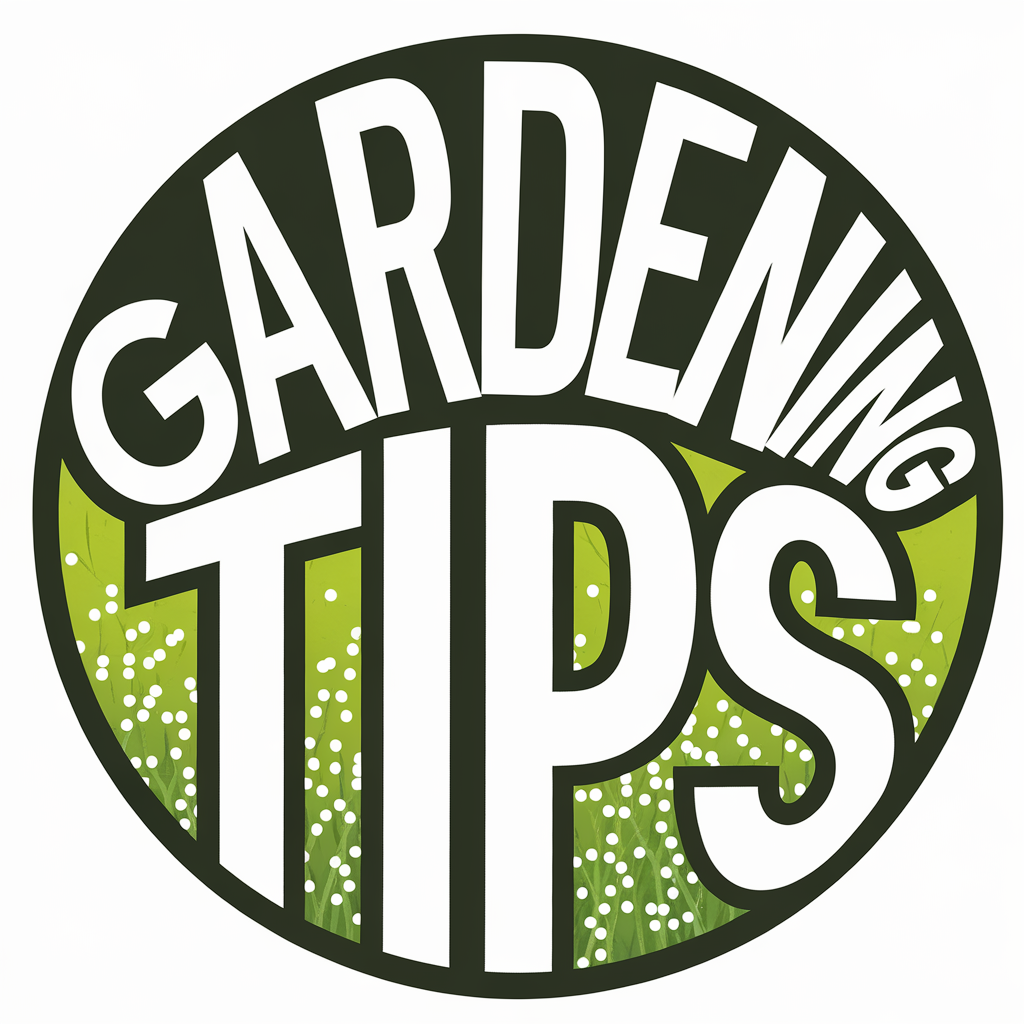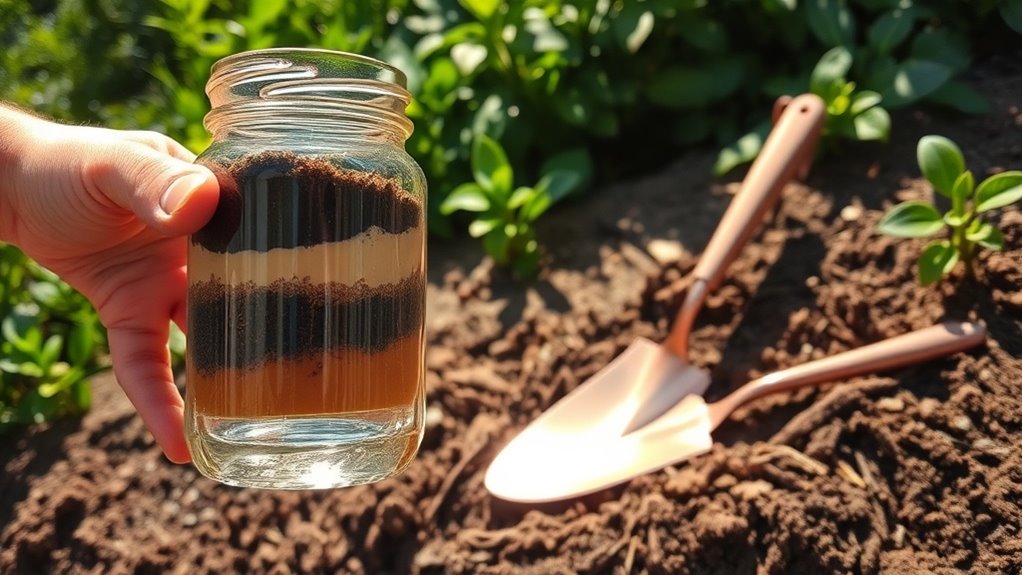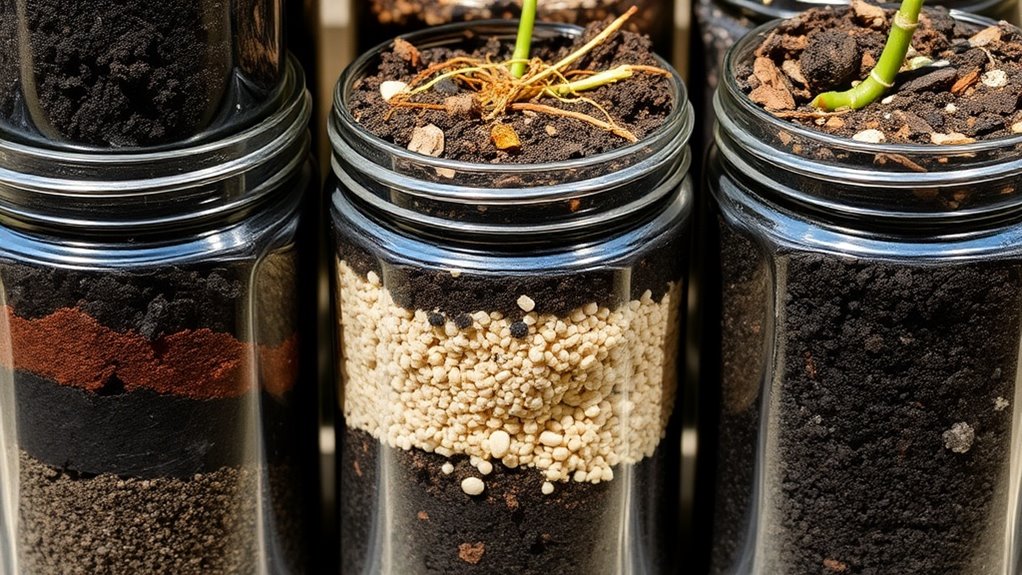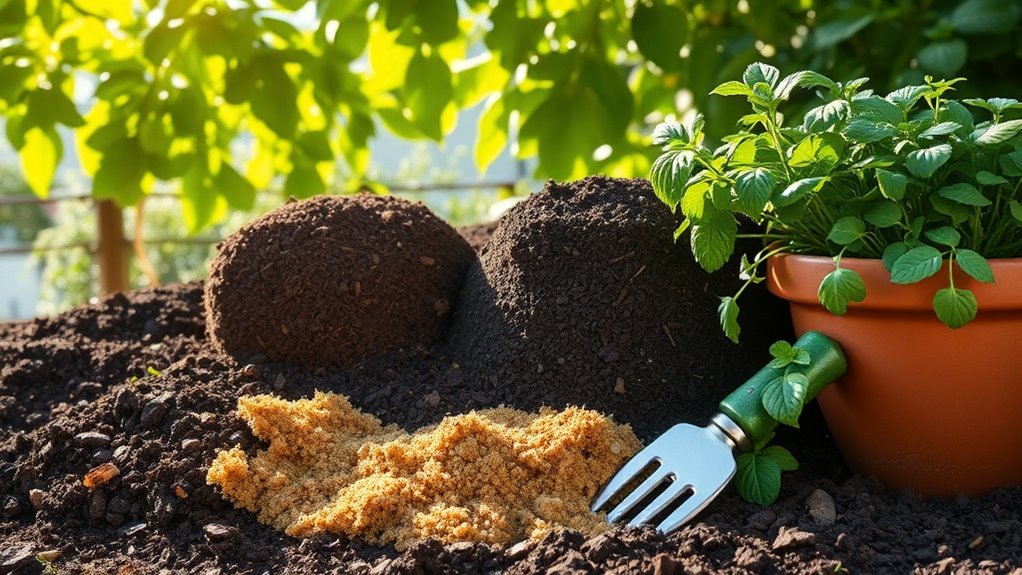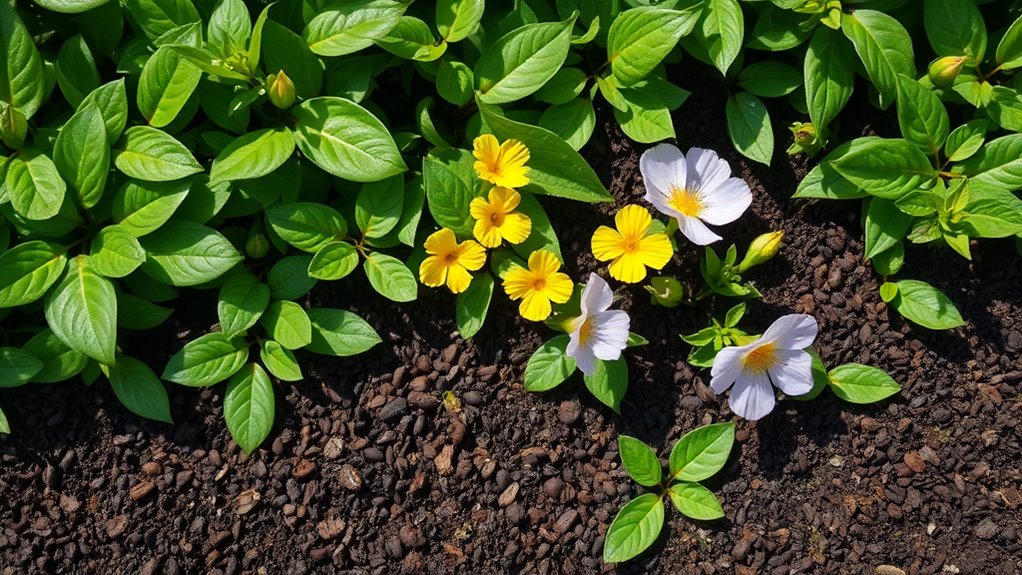The One Thing I Always Add to My Soil Before Planting
Many gardeners overlook the importance of organic matter in their soil, unaware that it can significantly affect plant health and growth. By incorporating rich, well-rotted compost into your soil, you not only boost nutrient availability but also enhance the soil structure. This creates a thriving ecosystem for your plants. However, knowing how to effectively add and maintain this organic matter can make all the difference. Let’s explore the best practices to enrich your gardening experience.
The Importance of Organic Matter in Soil
When you cultivate healthy soil, you’re unlocking the secrets to flourishing plants, and organic matter plays a crucial role in this process.
Incorporating compost or well-rotted manure is an essential prepping soil tip. This increases nutrient availability, enhances moisture retention, and supports beneficial microorganisms. Regularly adding organic matter transforms your soil into a rich, thriving environment that supports robust plant growth. Additionally, using kitchen scraps as part of your compost can significantly boost the nutrient content of your soil.
Types of Organic Matter to Consider
To create a thriving garden, consider incorporating various types of organic matter that can enrich your soil. Each type contributes different nutrients and benefits. Here’s a quick comparison:
| Organic Matter | Benefits |
|---|---|
| Compost | Adds nutrients and improves drainage |
| Aged Manure | Boosts nitrogen levels |
| Leaf Mold | Enhances soil structure |
| Peat Moss | Increases moisture retention |
| Grass Clippings | Provides nitrogen and organic matter |
Incorporating composting techniques is a simple way to transform kitchen scraps into valuable organic matter for your garden.
How to Incorporate Organic Matter Into Your Soil
Incorporating organic matter into your soil can significantly enhance its fertility and structure, making it vital for a healthy garden.
Start by mixing well-rotted compost, leaf mold, or aged manure into the top 6 to 12 inches of soil. Use a garden fork or tiller for even distribution, ensuring it integrates fully.
Additionally, enhancing soil quality with organic matter not only boosts nutrients but also encourages beneficial microbial activity.
Work it into the existing soil to promote better drainage and nutrient availability.
Benefits of Using Organic Matter for Plant Growth
Using organic matter in your garden not only boosts soil health but also directly impacts plant growth by improving nutrient availability and moisture retention. It enhances microbial activity, allowing plants to access essential nutrients more effectively. Additionally, organic matter creates a better soil structure, promoting root development. As a result, your plants become more resilient, thriving in a nutrient-rich and well-aerated environment. Furthermore, incorporating organic matter helps mitigate the risks of harmful veggie pairings, as it fosters a more balanced ecosystem within the garden.
Tips for Maintaining Healthy Soil Year-Round
While maintaining healthy soil year-round requires some effort, it’s essential for sustainable gardening and robust plant growth.
Start by regularly adding organic matter, like compost, to boost nutrients. Practice crop rotation to prevent nutrient depletion and pests.
Keep soil covered with mulch to retain moisture and suppress weeds.
Finally, test your soil annually to monitor pH and nutrient levels for optimal plant health. Additionally, troubleshooting common composting issues can help ensure your compost remains effective and enriches your soil properly.
